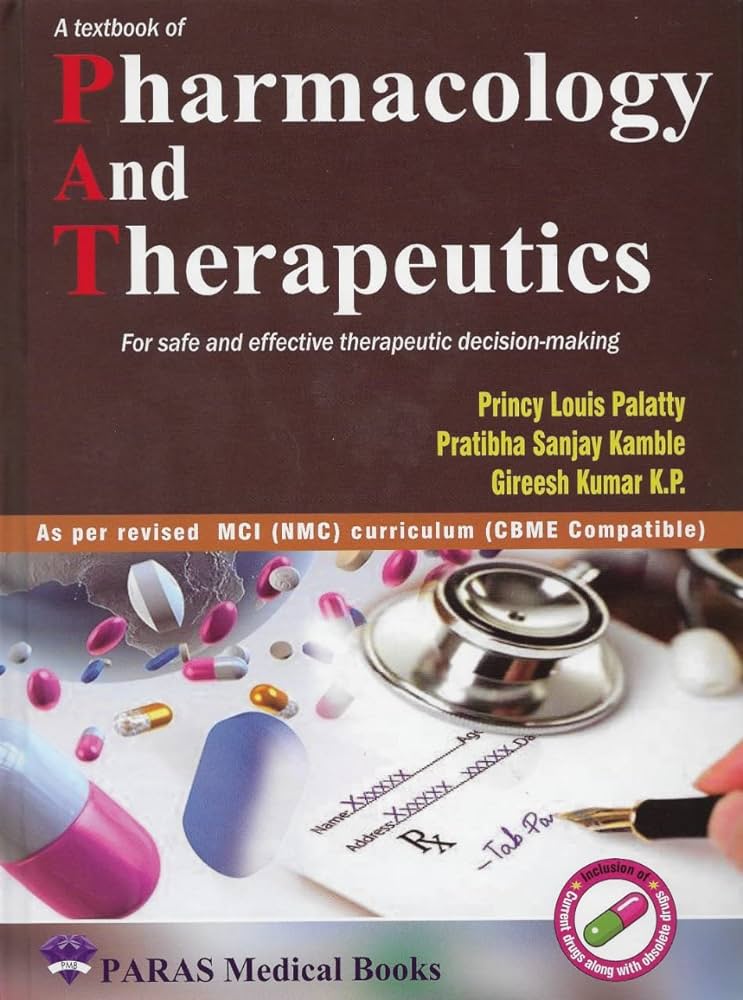营养保健品以雄激素受体拼接变体(AR-SV)为靶点,用于治疗对阉割有抵抗力的前列腺癌(CRPC)。
IF 12
1区 医学
Q1 PHARMACOLOGY & PHARMACY
引用次数: 0
摘要
每年都有数百万男性被诊断出患有前列腺癌。雄激素受体(AR)不受控制的激活是导致前列腺癌发生和发展的关键因素。第二代抗雄激素疗法主要以AR的配体结合域(LBD)为靶点,对大多数患者有效。然而,其不良反应给疾病的治疗带来了巨大挑战。此外,基因突变或AR剪接变体的出现会造成更加复杂的肿瘤环境,从而增加对这些疗法的耐药性。天然化合物及其类似物虽然毒性较低,并具有选择性抑制 AR 拼接变体的潜力,但其生物利用度和疗效却受到限制。尽管如此,最近在使用天然衍生物靶向 AR 及其剪接变体方面取得的突破已显示出治疗化疗耐药的阉割耐药前列腺癌(CRPC)的前景。本综述将讨论AR变体,特别是雄激素受体剪接变体7(AR-V7)在CRPC中的作用,并研究天然化合物及其衍生物如何靶向AR和AR剪接变体的最新发现。本文章由计算机程序翻译,如有差异,请以英文原文为准。
Nutraceuticals target androgen receptor-splice variants (AR-SV) to manage castration resistant prostate cancer (CRPC)
Every year, prostate cancer is diagnosed in millions of men. The androgen receptor's (AR) unchecked activation is crucial in causing the development and progression of prostate cancer. Second-generation anti-androgen therapies, which primarily focus on targeting the Ligand Binding Domain (LBD) of AR, are effective for most patients. However, the adverse effects pose significant challenges in managing the disease. Furthermore, genetic mutations or the emergence of AR splice variants create an even more complex tumor environment, fostering resistance to these treatments. Natural compounds and their analogs, while showing a lower toxicity profile and a potential for selective AR splice variants inhibition, are constrained by their bioavailability and therapeutic efficacy. Nonetheless, recent breakthroughs in using natural derivatives to target AR and its splice variants have shown promise in treating chemoresistant castration-resistant prostate cancer (CRPC). This review will discuss the role of AR variants, particularly androgen receptor splice variant 7 (AR-V7), in CRPC and investigate the latest findings on how natural compounds and their derivatives target AR and AR splice variants.
求助全文
通过发布文献求助,成功后即可免费获取论文全文。
去求助
来源期刊
CiteScore
23.00
自引率
0.70%
发文量
222
审稿时长
90 days
期刊介绍:
Pharmacology & Therapeutics, in its 20th year, delivers lucid, critical, and authoritative reviews on current pharmacological topics.Articles, commissioned by the editor, follow specific author instructions.This journal maintains its scientific excellence and ranks among the top 10 most cited journals in pharmacology.

 求助内容:
求助内容: 应助结果提醒方式:
应助结果提醒方式:


